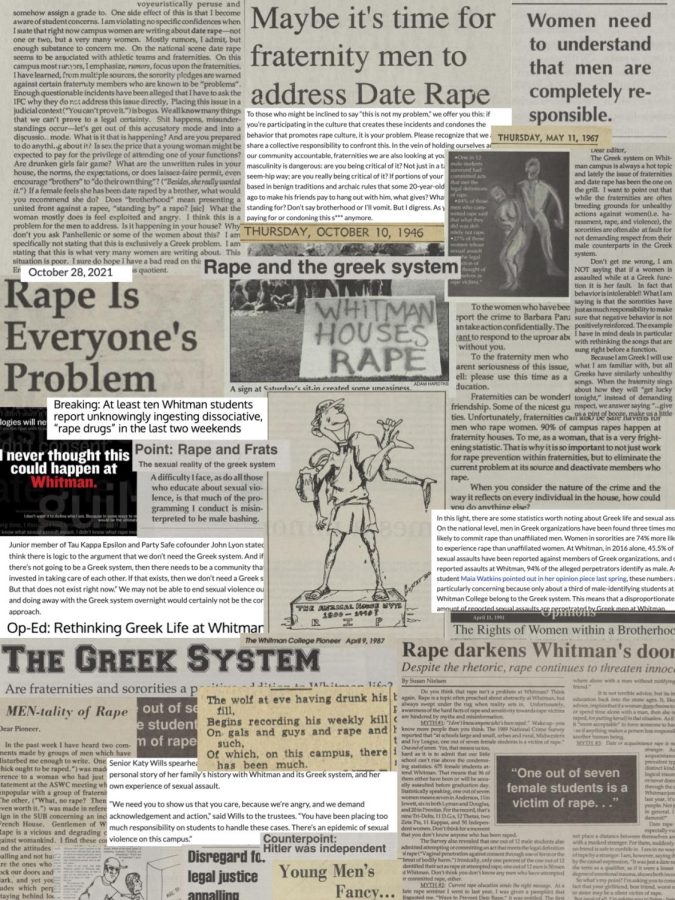Editor,
In response to Gary Wang’s piece entitled “Counterpoint: Who Needs Ideology?,” I think Mr. Wang may be confusing ideology or “weltanschauung” (which translates, loosely, to “worldview”) with partisanship. When he says that “[Obama’s] not fitting into an ideological box,” he should be saying “a political party.” Yes, Obama works “from factual problems to policies,” which is in tension with a typical partisan approach, but isn’t such an approach more indicative of bipartisanship than it is a rejection of a certain ideology? Furthermore, taking into account the fluid nature of partisan politics, couldn’t this move towards bipartisanship also be seen as an attempt to move the democratic party in a different direction for the future?
But beyond these linguistic disputes, by equating partisan politics with ideology, one loses sight of where ideology IS present within Obama’s politics. In particular, when it comes to Obama’s foreign policy, the continued occupation of Afghanistan and Iraq and the increased recognition of the UN are both expressions of “small-l” liberal ideology which has been historically linked to the politics of American Empire. This imperial tendency can be seen in Obama’s expressed intent to continue the United States’ occupation of the Middle East as well as his use of soft power to influence the political situation in Iran. Here, one is reminded of Teddy Roosevelt’s famous adage, “speak softly and carry a big stick” –– a phrase which was used by Roosevelt to explain the politics of protecting America’s imperial conquests. Following this logic, Obama, like Bush before him, has no intention of sacrificing the possibility of a pro-west Middle East. Such a “victory” would not only present a major step in the “War on Terror,” but also in the continued struggle for global economic hegemony with China, India, Brazil and the EU, among others. So while his style of liberal imperialism may lack Bush’s brazen, unilateral approach, Obama still shares similar motives.
In sum, while partisan politics may involve, to a certain extent, the competition of opposing worldviews, one must take a step back to see that these schoolyard squabbles of Left vs. Right, Liberal vs. Conservative and Democrat vs. Republican are often just in-fights over who gets to be the “team captain.” As Slavoj Zizek has famously said about the ideological implications of Anglo-American toilets, “the basin is full of water, so that the [excrement] floats in it, visible, but not to be inspected.” Indeed, upon inspection of Obama’s foreign policies, one soon realizes that Obama’s ideological “excrement” is no different than that of those whom he has followed, except for, perhaps, a better smell.
: Brian Abelson ’08
Program Officer
H.F. Guggenheim Foundation
25 West 53rd Street, 16th Floor
New York, NY 10019
(T) 646.428.0976
(F) 646.428.0981
brian@hfg.org
www.hfg.org

